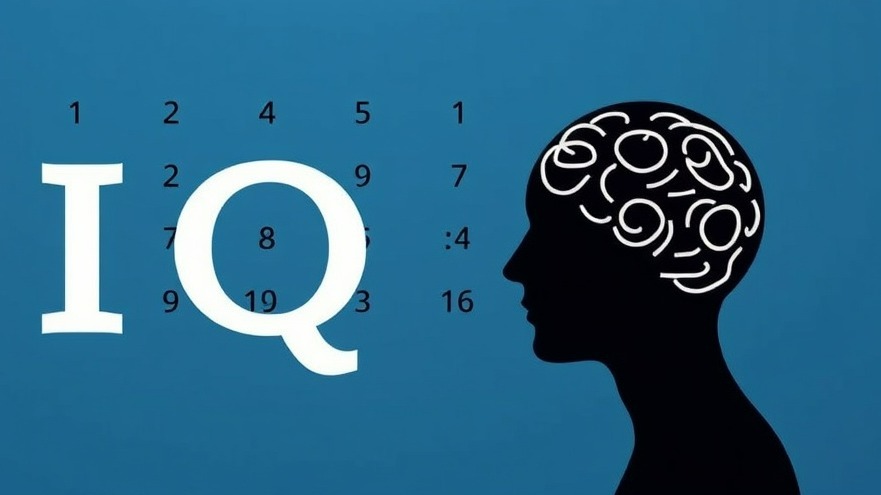
Trump's Challenge: A Conversation on Intelligence and Public Perception
Recently, former President Donald Trump ignited a political firestorm by challenging Representatives Alexandria Ocasio-Cortez (AOC) and Jasmine Crockett to compete in IQ tests. His comments, made during a White House press briefing, included a disparaging remark about AOC’s intelligence, labeling her as "very low IQ". This statement quickly captivated public attention and sparked discussions about the implications of such a challenge amidst his assertions of superior cognitive capabilities.
Understanding Cognitive Assessments: More Than Just IQ
While Trump touted his own IQ test results from the Montreal Cognitive Assessment (MoCA), it's important to clarify that this test is primarily used to assess early signs of dementia rather than measure intelligence directly. The MoCA includes tasks such as drawing a clock and recalling a list of words, focusing more on cognitive function than on traditional IQ metrics. Many misinterpret this screening, leading to inflated perceptions about its rigor and relevance to overall intelligence.
The Role of Social Media in Political Rhetoric
In the current digital age, social media platforms amplify statements made by political figures, leading to swift reactions and discussions online. After Trump's comments, AOC responded on social media, encapsulating the essence of this exchange: "don't take your anger out on me - I'm just a silly girl". This kind of interaction highlights how social media serves as a battleground for public opinion, allowing politicians to communicate directly with the public while also subjecting them to immediate scrutiny.
The Psychological Impact of Public Scrutiny on Politicians
For those in the healthcare industry, the dynamics of political discourse resonate closely with the experience of managing patient relationships. Much like public figures, healthcare providers face scrutiny from patients and the community. Building trust and understanding amidst criticism or misunderstanding is essential. This juxtaposition is especially significant in concierge medical practices where the emphasis is on creating holistic and empathetic patient experiences.
Communicating with Empathy: Lessons from the Political Arena
As a clinical psychologist, I advocate for empathetic communication in healthcare. The back-and-forth of political commentary illustrates the need for careful consideration of language and tone. Understanding how words influence perception can inform healthcare providers' interactions with patients, enhancing trust and satisfaction in medical practices. Just as political rhetoric can deeply impact public opinion, the way we communicate with patients can foster lasting relationships.
Future Implications: What This Means for Healthcare Communication
This incident serves as a reminder of the broader implications of communication styles in leadership. For medical professionals, adopting a similar empathetic approach can transform client interactions, ultimately leading to better patient care outcomes. Emphasizing the human aspect in healthcare, much like navigating the emotional terrains of political dialogue, can redefine patient-provider relationships and reinforce the value of personalized medicine.
Conclusion: The Call to Action for Medical Practices
In conclusion, as healthcare providers, we must strive to create an environment of trust and understanding. By framing our communication in a manner that acknowledges patients' emotions and perspectives, we can foster deeper connections and improve patient satisfaction. Let’s reflect on the lessons from this highly publicized exchange and apply them to our practices to elevate patient care and experience.
 Add Row
Add Row  Add
Add 






Write A Comment